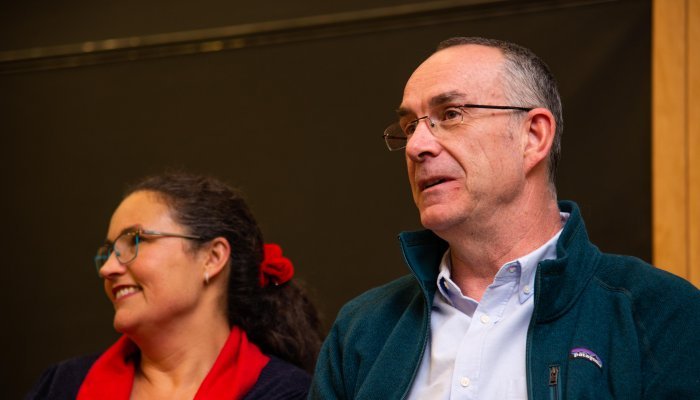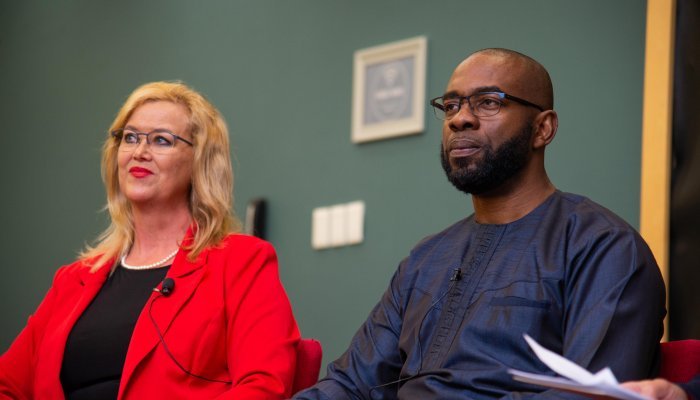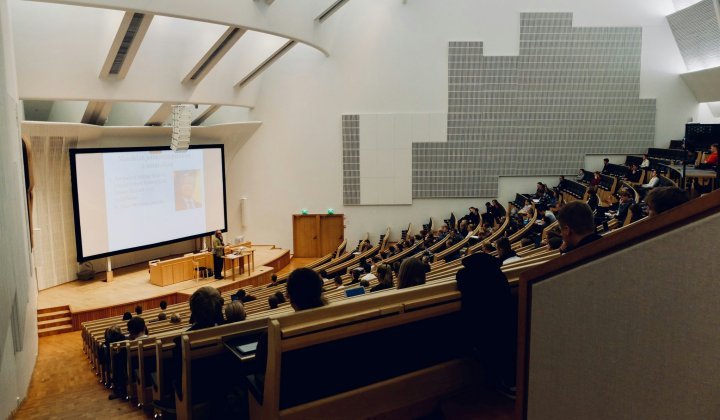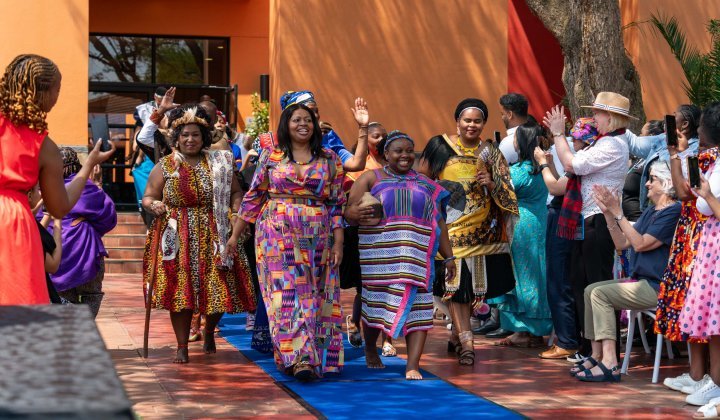GIBS highlights top scholars
African research is uniquely positioned to make a particularly meaningful contribution to global scholarship.
“While conditions in Africa are extreme, they are not unique because they are so extreme. Our insights can be valuable beyond our borders and make a contribution to global scholarship,” GIBS faculty member Prof. Helena Barnard said in her opening remarks.
Barnard said despite the frustration that is often experienced when doing research projects in Africa, especially at “how little things change and at corrupt leaders who steal and lie while others suffer,” the language of academia is the language of reason, not emotion.
“Businesses are able to figure out how to survive and grow in very turbulent and challenging situations. This fact can contribute to African and global scholarship,” Barnard said.
Prof. Albert Wocke, head of GIBS Case Study Hub, spoke of instability in the business environment in his research on service delivery protests and their impact on businesses in South Africa.
Service delivery protests are a type of social protest where the community riots and shuts down businesses. They are often accompanied by intimidation and violence. The phenomenon was first identified by the South African Police Service in 2012 and have been increasing in frequency since then.
“The community is frustrated at politicians who have not delivered services that are rightfully expected,” Wocke explained. “While these protests affect South African businesses, they are not in fact unique to the country.”
GIBS faculty member Dr Udo Osuigwe conducted research on the role of working mothers in Africa, within the context of remote or hybrid working, looking at the experiences of mothers in Nigeria and South Africa.
“Within the continent of Africa there are social norms and ways of working that are quite different. It is important to have a conversation around how working mothers actually operate and their experiences with remote work, as this informs decisions in businesses,” Osuigwe said.
Dr Motshedisi Mathibe spoke of her research in the Eastern Cape, a province dominated by unemployment, poverty, inequality and socio-economic challenges.
“Africa has a complex context, and we surveyed 147 companies in the Eastern Cape to explore how social entrepreneurs help solve these challenges using strategic planning and developing network capabilities,” Mathibe said.
Finally, GIBS faculty member Prof. Caren Scheepers presented the research included in her upcoming book, Technological Leapfrogging and Innovation in Africa, which explores how African countries can skip over old technologies and even economic stages.






